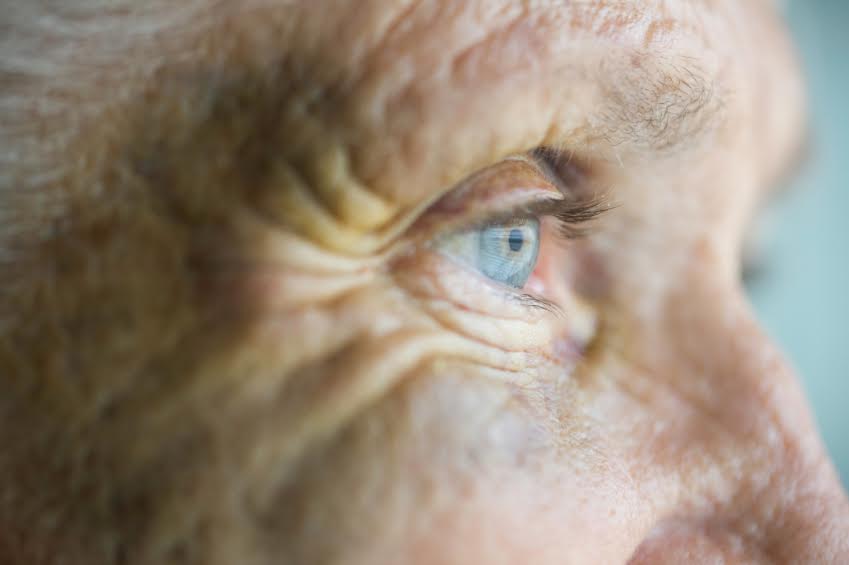An estimated 50,000 New South Wales seniors have experienced some form of abuse, likely by a family member, a parliamentary inquiry has heard.
The abuse – which can present itself as violence, neglect or exploitation – has become common in nursing homes, where according to evidence, understaffing and lacking supervision has resulted in increased violence among residents.
Since 2009, there has been an 86 per cent increase in reportable assaults in nursing homes, despite the number of residents only rising by 20 per cent in that same time frame.
Combined Pensions and Superannuations Association senior advisor Paul Versteege said elder abuse is a “serious” and “rife” issue.
Mr Versteege has called on the state government to introduce mandatory staff-to-resident ratios, after the inquiry heard some nursing homes are staffed by a mere one or two people during certain shifts.
“Aged care providers get away with resident-on-resident assault and not managing it as well as they could,” he said.
“We all recognise that aged care providers are under pressure … this violence is a logical consequence of that.”
A NSW Nurses and Midwives Association staff survey found three quarters of workers saw understaffing as an increase to the risk of abuse.
The problem is furthered by a fear among staff that if they were to report on abuse, they would face reprisal, such as reduced working hours.
NSW Nurses and Midwives Association professional officer Helen Macukewicz said they even fear losing their job.
“It is a real dilemma for them. There aren’t adequate protections for them. None of them want to be complicit in abuse and unfortunately some of the systemic issues with ratios make them complicit,” Ms Macukewicz said.
Health Services Union area manager for aged care Rob Sheehy agreed, telling the inquiry: “We found a sizeable percentage of our members who had real fear about raising concerns about elder abuse”.
Age Discrimination Commissioner Susan Ryan said elder abuse was under-reported, and that financial exploitation is the most common form.
“These days, older people have assets,” she said.
“Most old people have a home and that home is now worth a lot. They have a home which their greedy and unprincipled family members want to grab.”
She recommended that financial institutions train frontline staff to monitor suspicious activity, while Geratrician Susan Kurrle suggested the state government introduce improved training for hospital staff.
The Sydney Morning Herald reported that almost 300,000 people in NSW receive formal aged care services, with 59,000 in nursing homes and a further 238,000 receiving home and community support.
What kind of abuse have you witnessed or heard about? What has been done about it?




















Add Comment